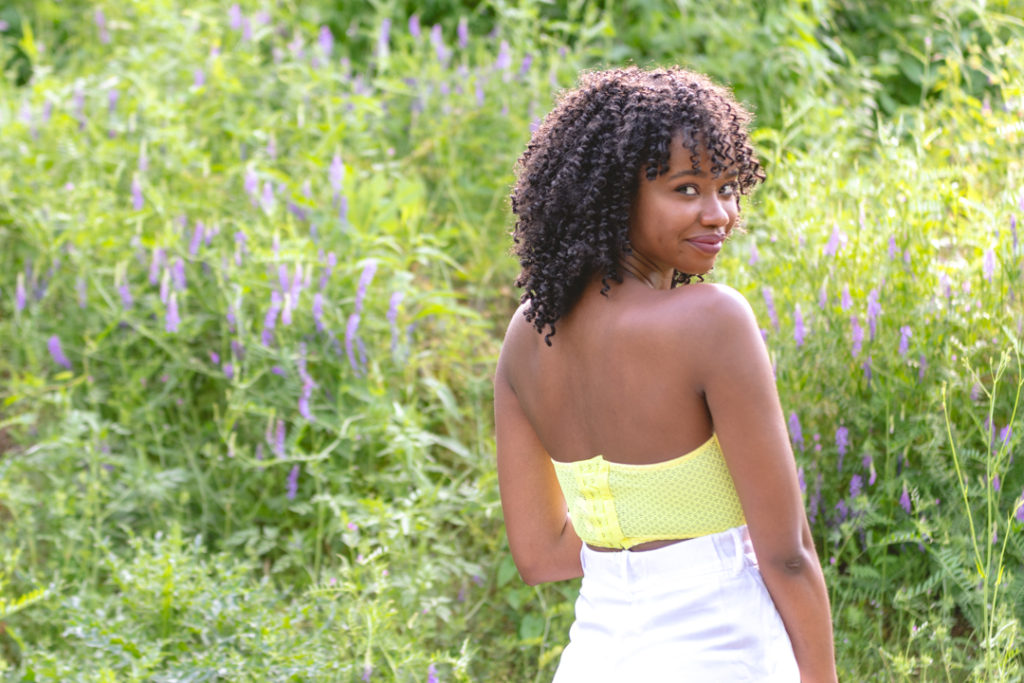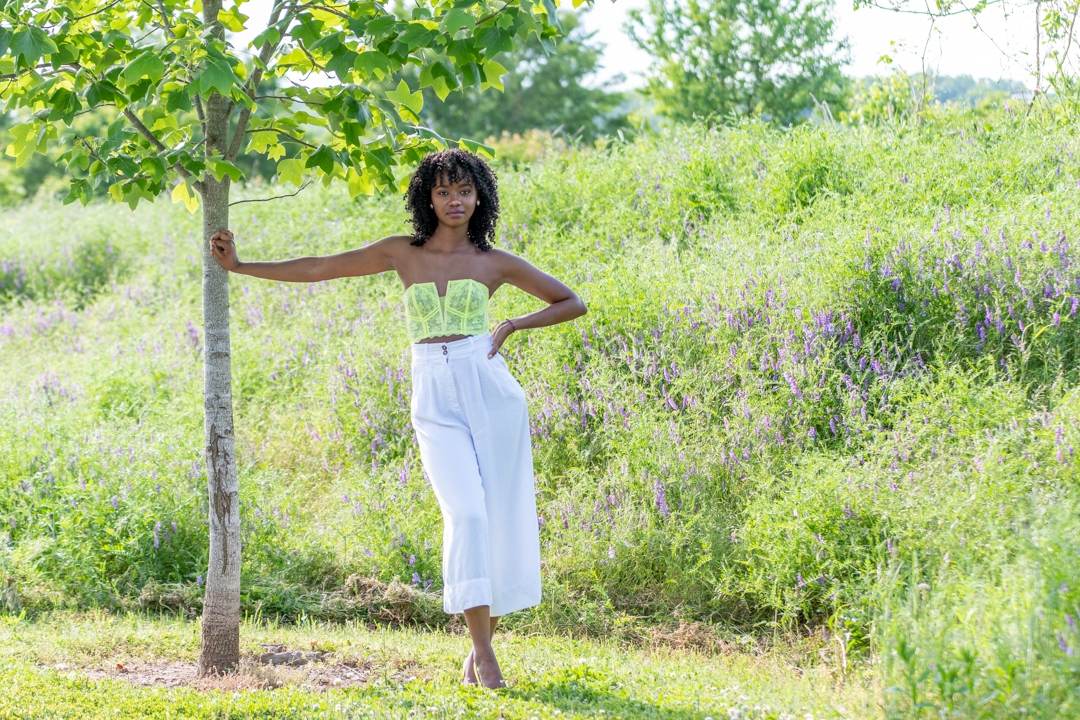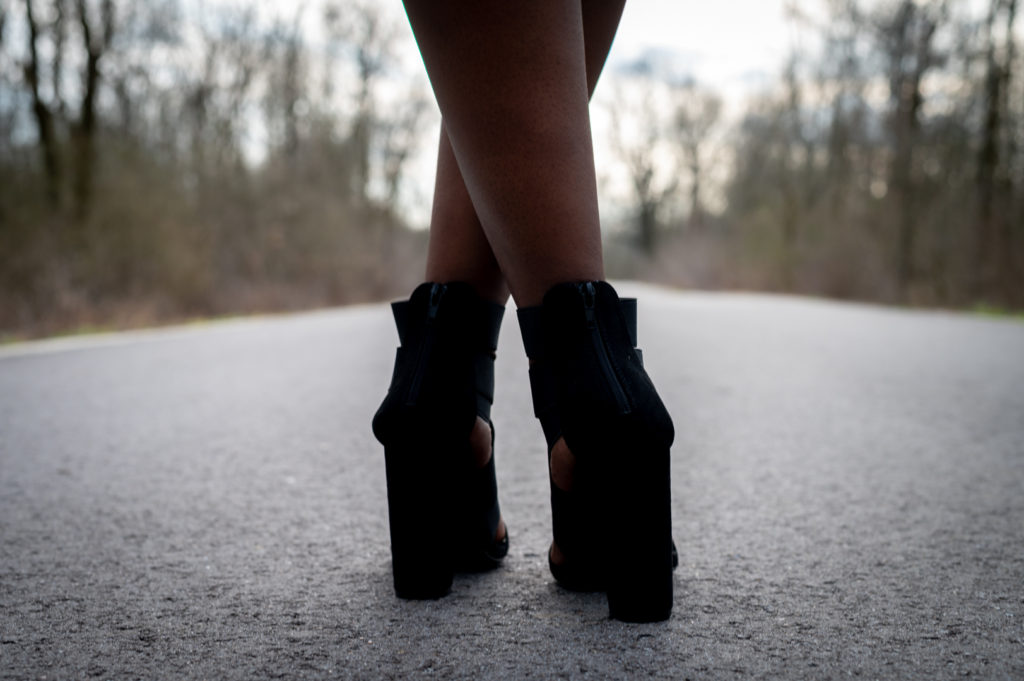First thing’s first, I’ve got to say that there are a number of topics I’d much rather be writing about than this one. Quite frankly, after the past year of numerous racially charged current events, I am exhausted with using my platform to speak on such things. There are a wealth of more uplifting topics that I’ve been itching to dive into.
But, being able to ignore such things—social justice-driven things—would be a privilege.
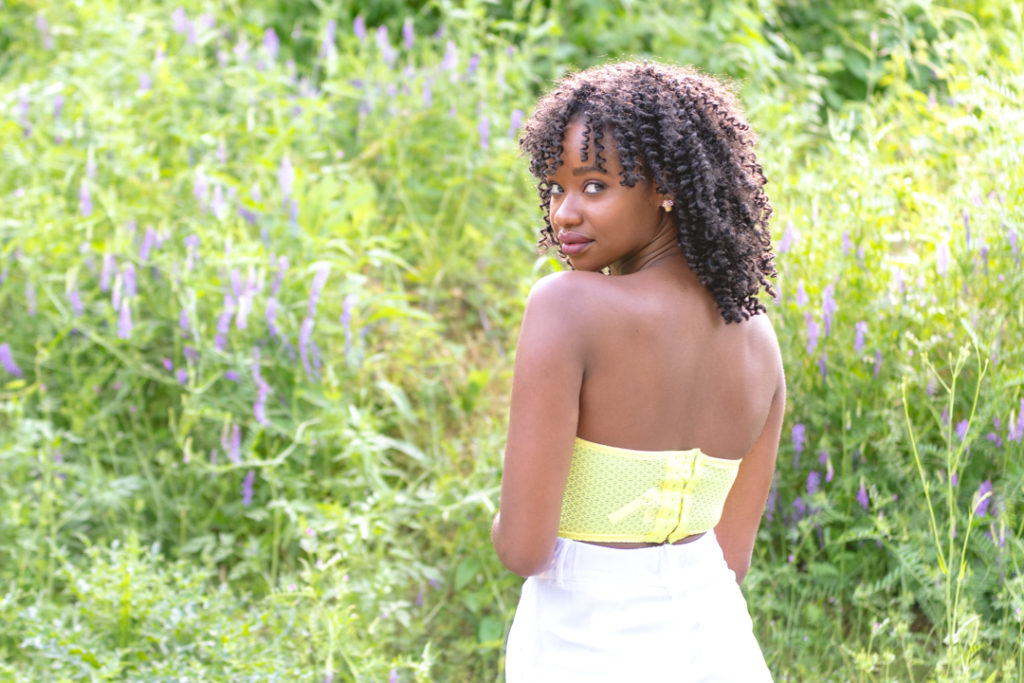
I choose to believe that the humanity within each of us feels something when we learn about the injustices that any marginalized group faces. Whether that feeling lingers or dissipates depends largely on whether we personally identify with the group in question.
On the topic of colorism, I feel obliged to share my perspective on a topic that all too often gets overlooked. If you’ve read “There Is No Reverse”, “Beauty Standards are Created. Preferences Are Taught.” or “We All Want the Same Thing.”, then you’ve caught a glimpse of my views on this topic. But subtle innuendos simply aren’t enough to address the fundamental disconnect between the words of women who look like me and the thick layer of unconscious bias that usually forces those words to fall on deaf ears. I have no end-goal of changing the world with this one blog post. Rather, I intend for this post to encourage you to have a meaningful dialogue within your own heart and with someone you love about the origin and perpetuation of this deeply rooted divide.
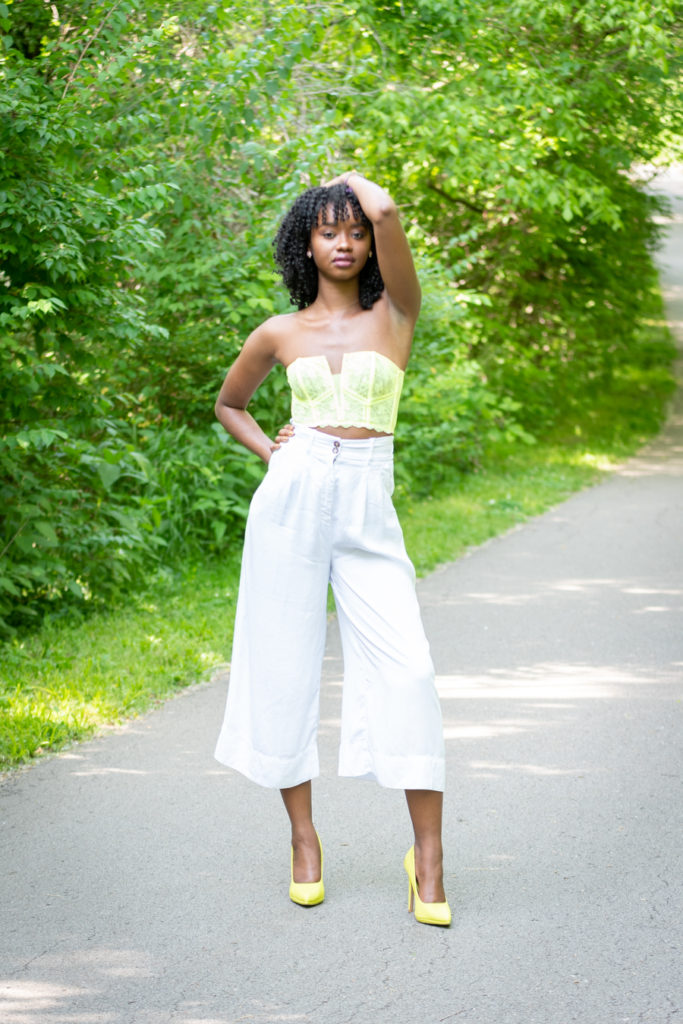
It’s a rarity for me to have the chance to speak on the topic of colorism without needing to recollect the pieces of my character that have been absolved to that of a “bitter” Black woman while thwarting attempts to gaslight my own lived experience. It always leaves me wondering what it is that makes us able to see the bigotry in others without being able to recognize it within ourselves.
It’s exhausting. Did I already say this?
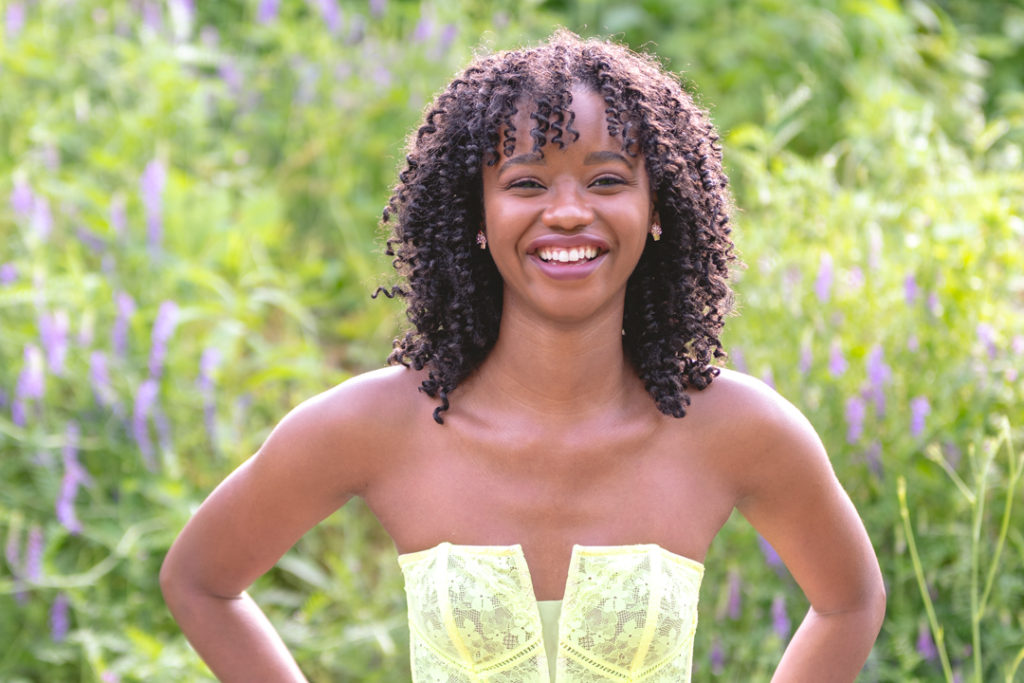
I previously described at length that privilege itself is unrecognizable. Much of it is essentially… invisible. It is challenging to realize that you have any privilege at all unless for some odd reason you’re temporarily forced to live without it. I recently shared in a school assignment how much of a privilege it is for me to walk into practically any doctor’s office and communicate my concerns with ease. Someone outside of the healthcare profession might not notice such a privilege until an adverse event requiring medical assistance in a remote location overseas brings them face-to-face with a translator.
But walking a mile in someone else’s shoes isn’t always a probable solution to society’s wide-spread lack of empathy. Discrimination based on skin color is both inescapable and unexchangeable.
So, understandably, I don’t expect anyone who doesn’t exist in this world as a dark-skinned Black woman to understand the complexities that come with that. However, I do expect for these individuals to refrain from silencing those who do know what it is like to exist in this world as a dark-skinned Black woman in their attempts to speak on issues that impact dark-skinned Black women specifically.
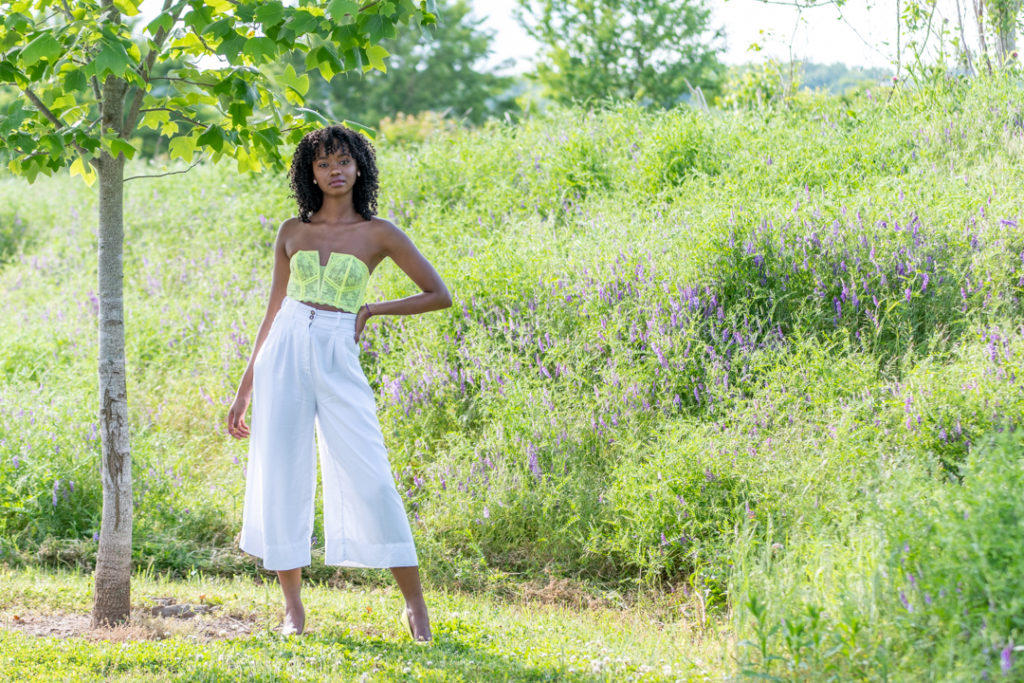
This topic is loaded, and there is no way that I can possibly cover it all in one post. But I’d like to provide a snapshot of what I have learned in discussing this topic with others. The takeaways aren’t all-inclusive, but they represent varying perspectives within the Black community that also deserve to be heard.
I have had the chance to engage in an array of meaningful discussions about colorism with lighter-skinned Black women in my lifetime. A seemingly unanimous concern amongst women who identify with this skin tone subsect is the frustrating task of occasionally having to reaffirm their blackness to others. Let’s begin here: Black people exist in multiple shades. It isn’t logically sound to reduce one’s blackness to one’s hue when there are numerous examples of siblings of the same parents who happen to receive vastly different cuts of the melanin gene pool. There are also several Black families who have been overwhelmingly “dark” or “light” for generations. The Black diaspora is not a monolith.
For these women, the ignorance on this matter has been frustrating to navigate. However, it is important to delineate in this discussion that there is no societal disadvantage that comes from the inconvenience of having to explain to someone that you are, in fact, not mixed.
After all, I take no offense in occasionally communicating to others that I am not of first or second generation African descent simply because my phenotype is darker in hue. Though, this is an example of my inclusion into a community, not my exclusion from one.
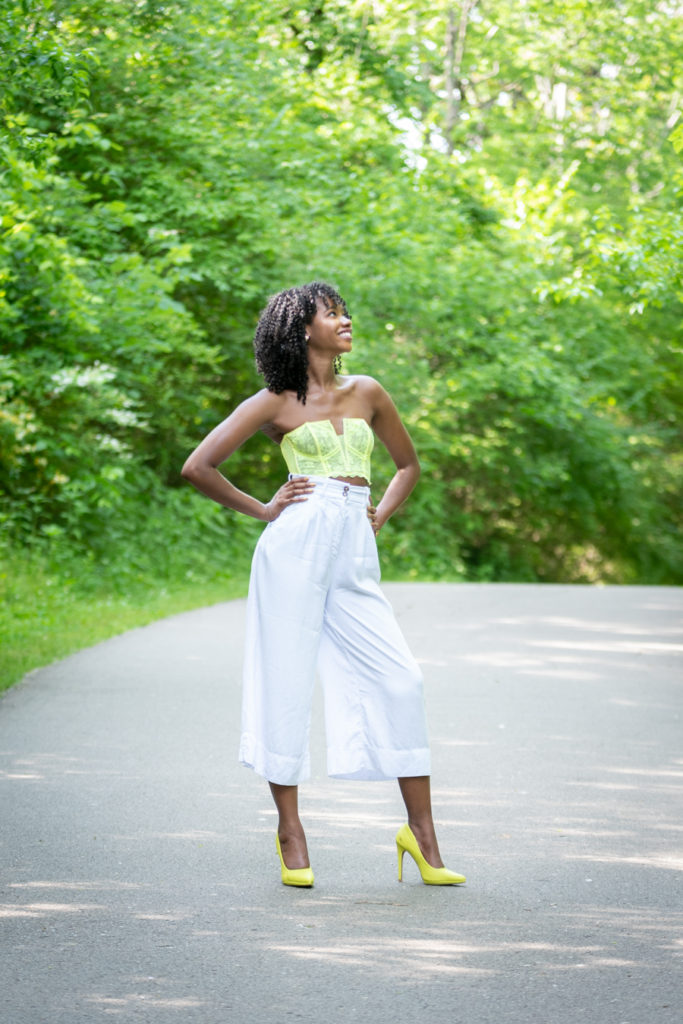
Discussions of this topic often cite that existing in the Black community as a lighter-skinned person unfortunately comes with being on the brunt end of light-skinned jokes. I express empathy for those who have experienced being singled out in this way, especially during childhood. Yet, there is an important distinction between being called something to the effect of “light bright” or “lightbulb” and being called, say, “burnt” or “tar baby”. We can discern here that one set of terms hits differently than the other, much like historical context would explain the varying levels of impact a Black person experiences in being called a “n*gger” from the impact a White person may experience in being called a “cr*cker”.
There is something to be said about the fact that, of all the lighter-skinned women I have spoken with about this topic, none could relate to my experiences in being advised that I should not wear certain colors on my body or my face, told by peers in grade school that I should come inside before my skin gets any darker, being closely followed around clothing and hair stores or having to intentionally, and constantly, reaffirm my beauty amid the perpetual reinforcement of the idea that lighter equals better in nearly every form of mass media for the entirety of my life.
There’s also something to be said for the countless instances where two fully Black women, one light and one dark, are differentiated by someone referring to one as “the light skin one” and the other as “the Black one”.
While we are undeniably both Black in this world, our Black experiences are not exactly the same.
Until the day we live in a society where the lyrics like, “Beautiful light woman, I bet that b*tch look better dark” frequently and unapologetically come flying through radio speakers without uproar (and light-skinned women are in turn told that they have low self-esteem and need to love themselves better), it is both unreasonable and impractical to assert that colorism exists in reverse.
“The inevitable push-back that comes with existing on the privileged side of an -ism isn’t enjoyable either. One day, I hope we can understand that attempting to solve the problem by tipping the scale, rather than leveling it, is an inadequate solution. My dream is that one day we can all just exist as people. But until the unspoken laws of society change, there is no reverse.”
-Thoughtful Gems, There Is No Reverse
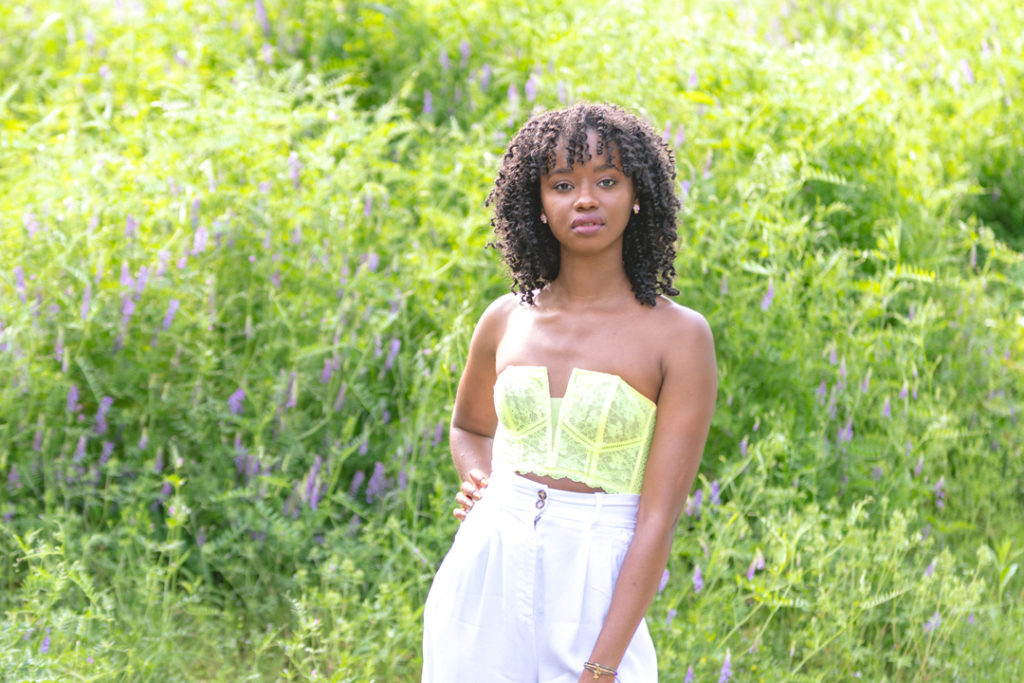
“Beautiful Black woman I bet that b*tch look better red”
-Lil Wayne, Right Above It
“Colorism (noun): Prejudice or discrimination against individuals with a dark skin tone, typically among people of the same racial or ethnic group.”
-Oxford Dictionary
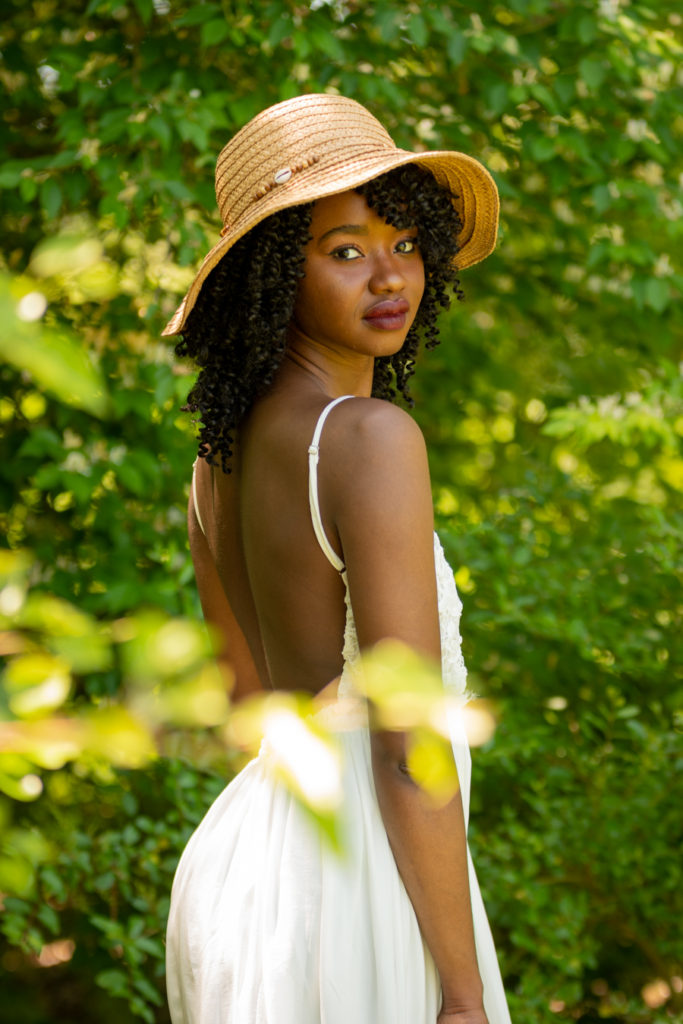
For people who are actually mixed, being labeled as “Black” is a misnomer; it’s incomplete. I know, hear me out.
Logically, people of legitimately mixed race should have the birthright of being part of two different cultures. If we move past the culturally ingrained one-drop rule passed down from slavery that still persists today, we can acknowledge how silly it is to imply that one should ignore an entire half of their genetic make up for the sake of maintaining the ideal of purity for the other. If you are Black and White, you are mixed. If you are Black and Japanese, you are mixed. The push for label accuracy receives criticism from those who would likely undermine their own counterargument for the above by simultaneously finding fault with a person of mixed race solely identifying as “White”. Which, by the way, would also be an incomplete misnomer.
It doesn’t make much sense for the Black diaspora to be the only group encouraged to be accepting of others. Until the day that a person of mixed race is able to live in a society where they can freely claim both parts of their identity without pushback, acknowledging their inherent duality is a step closer to moving society away from the problematic notion that containing any portion of Black heritage somehow taints a person from being able to identify with the rest of it.
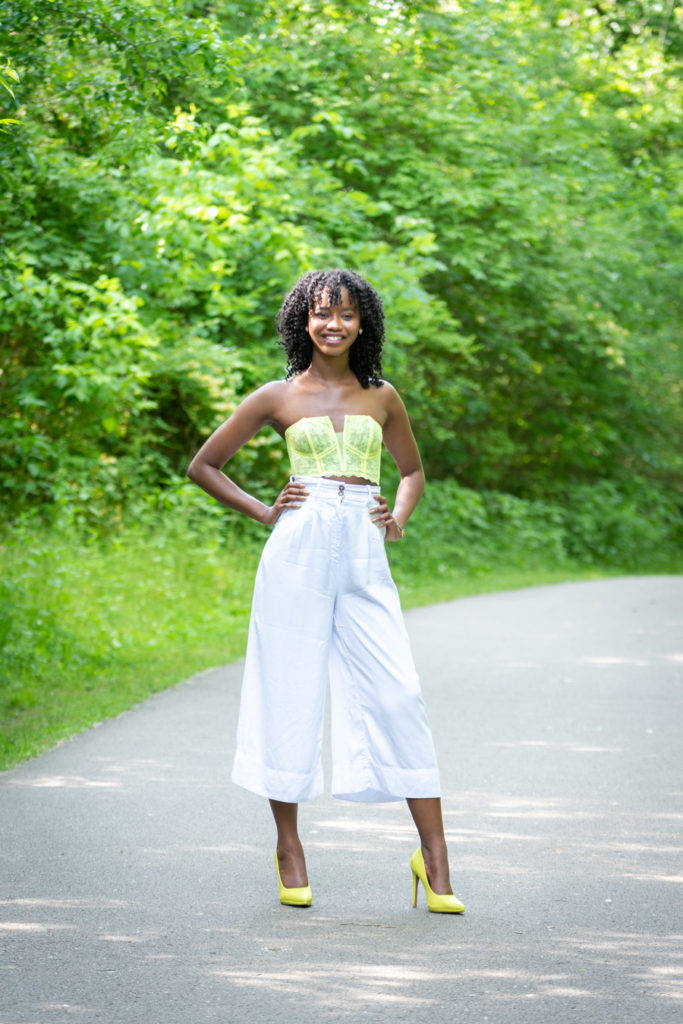
The likely reason why this way of progressive thinking hasn’t caught on is because of the privilege that comes with existing as person of mixed race within the Black community. There is an unspoken understanding that one would rather be elevated in one community for their ambiguity than thought of as lesser-than in another. There are numerous accounts of mixed women specifically who have recounted their experience in being treated as bottom of the barrel in the White community, often during childhood, and later being perceived of greater value within the Black community.
It only makes sense that one would eventually plant roots in the community that not only accepts, but also elevates them.
I don’t think that non-acceptance is a resolution to this issue, but rather equal acceptance within both communities. Maybe then there would be better chance in leveling the playing field and achieving greater representation of Black women—fully Black women, and dark-skinned Black women specifically—in mass media rather than contributing to their erasure from it.
Furthermore, we cannot simply exchange the term “mixed” for “light-skinned”, as doing so only further increases the likelihood of actual “light-skinned” fully Black women presumed to be “mixed”. Though, as mentioned, this is only a minor inconvenience and is not remotely discriminatory. If anything, it is an unintended means of garnering more privilege in a society that often celebrates one’s distance from blackness.
“I guess you could say I’m the acceptable version of a black girl and that has to change.”
-Zendaya
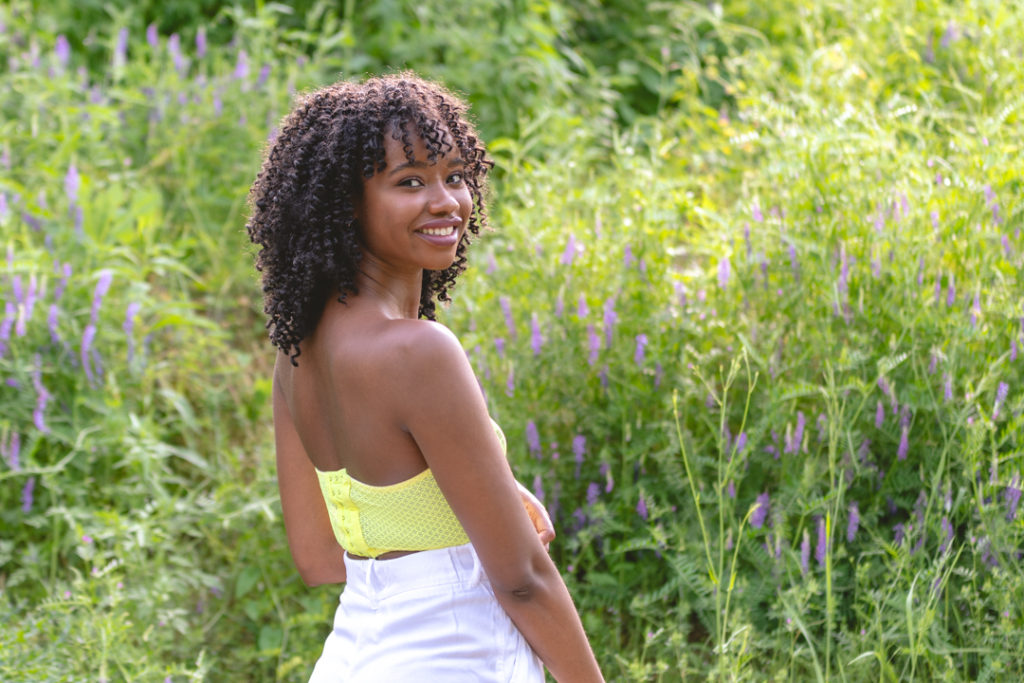
There are several other directions that I could take this post, but this topic is far too expansive to cover all at once. If after this brief nontraditonal snapshot of colorism politics from the perspective of an uninterrupted and unsilenced dark-skinned Black woman you still find yourself defending hate speech as preference, denying societal influence on beauty standards and preferences, or denying privilege altogether, there’s a blog post for that. *Cue links to “There Is No Reverse” & “Beauty Standards are Created. Preferences Are Taught.”*
It would be great if society expressed a greater level of empathy and understanding for the experiences of dark-skinned Black women, or at the very least acknowleged that history and pop-culture undeniably influence the way each of us navigates our way through this world.
But, if you won’t hear it from me, perhaps you’ll hear it from her.
Some may say that I didn’t truly address the plight of the dark-skinned Black woman at all. And, I didn’t. The idea was to encourage you to let them speak the next time this conversation arises. Let them have the floor without undermining their reality or blaming them for an internalized problem that very clearly has an external cause.
That’s the point in my blog, to establish an expanded perspective.
I sincerely hope these past several minutes have expanded yours.
